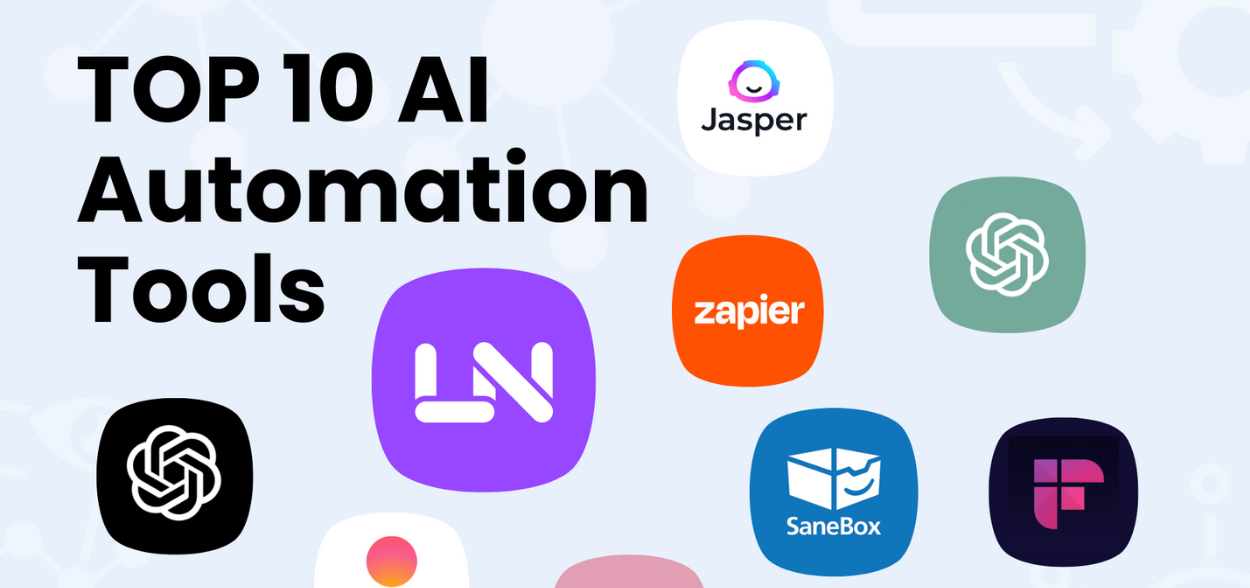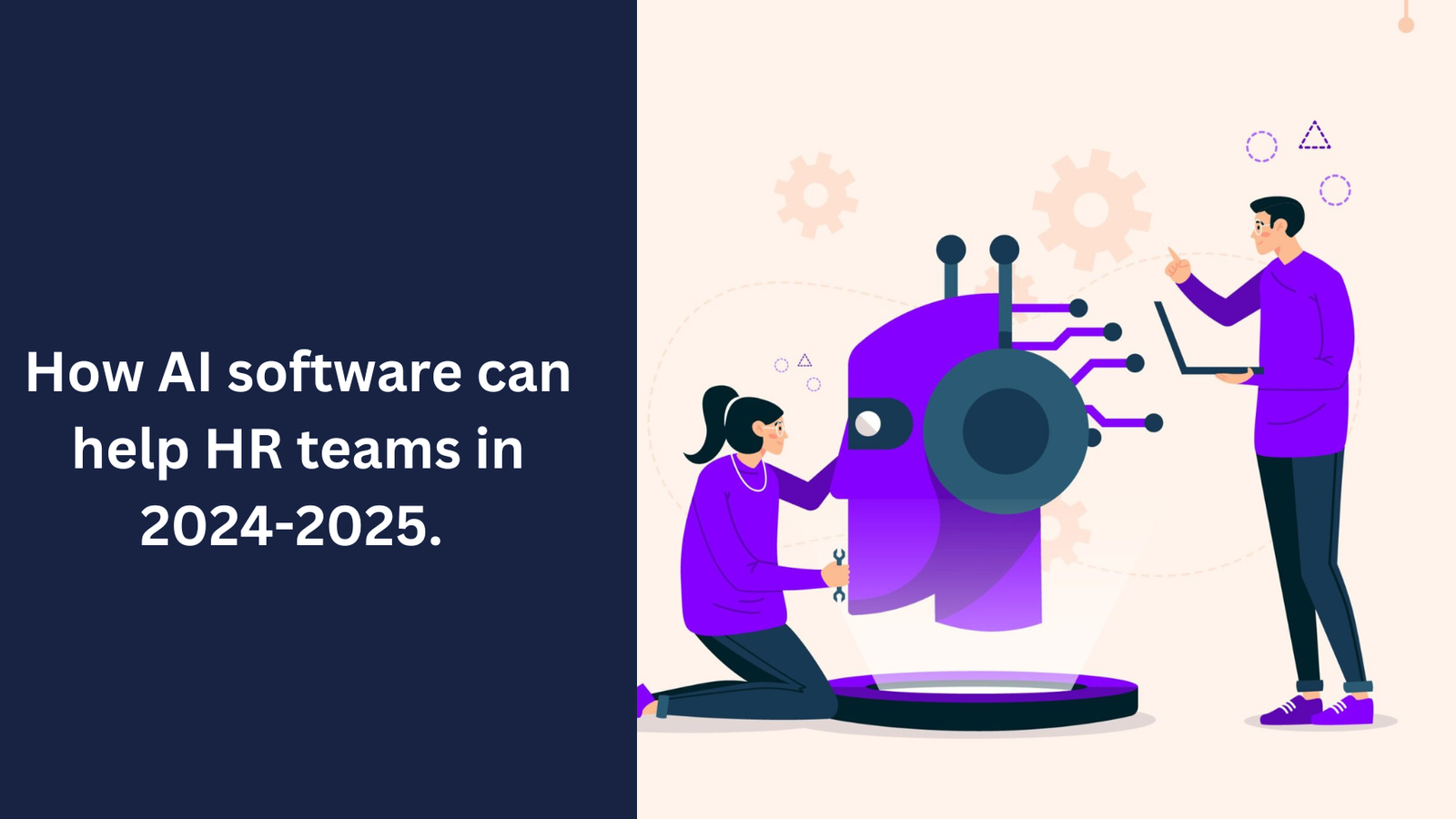The financial industry has always been at the forefront of adopting new technologies to improve efficiency, enhance decision-making, and manage risks. In recent years, AI tools have become a game-changer, transforming everything from fraud detection and customer service to investment strategies and regulatory compliance. As we move into 2024 and 2025, AI’s impact on finance is expected to grow even more significant, driven by advancements in machine learning, natural language processing, and predictive analytics.
In this article, we’ll explore how AI tools are revolutionising finance, what key technologies are driving this transformation, and the benefits for financial institutions.
The Role of AI in Finance
AI tools are playing a pivotal role in automating and optimising various financial processes. Key applications of AI in finance include:
- Fraud Detection: AI-powered systems can analyse real-time data to detect fraudulent activities and mitigate risks quickly.
- Risk Management: AI algorithms assess market conditions, credit risks, and operational risks more effectively than traditional methods.
- Customer Service Automation: AI chatbots and virtual assistants provide personalised customer service, improving customer satisfaction and reducing response times.
- Investment Strategies: AI is used for algorithmic trading, allowing financial institutions to execute trades based on real-time data and predictive models.
- Regulatory Compliance: AI tools assist financial institutions in ensuring compliance with increasingly complex regulations, such as GDPR and MiFID II.
These applications demonstrate how AI is changing the finance industry’s landscape, enabling businesses to enhance accuracy, reduce operational costs, and stay competitive.
Key Considerations When Choosing AI Tools for Finance
- Data Security and Privacy
Given the sensitive nature of financial data, AI tools must comply with strict data security regulations such as GDPR. Solutions like IBM Watson and Google Cloud AI offer robust security features, ensuring that financial institutions can process data securely. - Predictive Analytics Capabilities
Financial institutions benefit significantly from AI tools with predictive analytics capabilities. Platforms like AWS AI Services and Microsoft Azure AI help forecast market trends, investment risks, and consumer behaviour. - Integration with Legacy Systems
Financial institutions often use legacy systems, so AI tools must integrate seamlessly with existing infrastructure. Blue Prism and UiPath are known for their integration capabilities, enabling banks and financial services to automate processes without a complete overhaul of their systems. - Cost Efficiency
The cost of implementing AI tools can be high, but businesses must also consider the long-term cost savings generated by automation and optimised decision-making. Open-source platforms like H2O.ai provide cost-effective solutions for financial institutions looking to leverage AI without incurring high costs. - Compliance and Transparency
AI tools used in finance must provide transparency in decision-making, especially when it comes to compliance and risk management. Platforms such as IBM Watson and Google Cloud AI offer comprehensive tools for ensuring compliance with financial regulations while maintaining transparency in AI-driven decisions.
Top AI Tools Transforming Finance in 2024 & 2025
- IBM Watson
IBM Watson is widely used in the finance sector for fraud detection, risk management, and customer service. Its AI-powered tools help banks and financial services analyse vast amounts of data in real time, providing insights that drive better decision-making. - Google Cloud AI
Google Cloud AI offers financial institutions a range of AI-powered solutions for everything from predictive analytics to customer service automation. Its machine learning capabilities are particularly valuable in areas like investment management and fraud detection. - AWS AI Services
AWS AI Services provide scalable and secure AI tools for financial institutions, helping them automate processes, predict market trends, and manage risks. AWS also offers pre-trained models for fraud detection and compliance monitoring, making it a popular choice for banks. - Microsoft Azure AI
Microsoft Azure AI is part of Microsoft’s cloud suite and provides powerful AI tools for financial services. It offers a comprehensive range of machine learning tools and APIs that help financial institutions automate everything from credit risk assessments to regulatory compliance. - UiPath
UiPath is an RPA platform that leverages AI to automate repetitive tasks within the finance sector, such as data entry, compliance checks, and customer service. It integrates with legacy systems, making it easy for financial institutions to automate without a complete system overhaul. - Blue Prism
Blue Prism offers AI-powered robotic process automation (RPA) tools that help financial institutions automate tasks such as onboarding, loan processing, and fraud detection. Its integration capabilities make it a flexible option for banks looking to automate a variety of processes. - H2O.ai
H2O.ai is an open-source AI platform used for predictive analytics and machine learning in finance. It’s ideal for institutions looking for a cost-effective solution to automate risk management, credit scoring, and investment strategies. - DataRobot
DataRobot is an AI platform that helps financial institutions automate predictive analytics and machine learning models. It’s particularly useful for investment management and credit risk assessments, helping firms make data-driven decisions in real time.
Benefits of AI Tools in Finance
- Enhanced Decision-Making: AI-driven insights improve decision-making processes, allowing financial institutions to react quickly to market changes and customer needs.
- Cost Reduction: Automation powered by AI reduces the need for manual intervention, leading to significant cost savings in operations.
- Fraud Prevention: AI tools can analyse vast amounts of transactional data to detect and prevent fraud in real time, reducing financial losses.
- Improved Customer Experience: AI-powered chatbots and virtual assistants provide personalised customer service, reducing wait times and enhancing the overall customer experience.
- Regulatory Compliance: AI tools help financial institutions stay compliant with constantly evolving regulations by automating audits, reporting, and risk management.
The finance industry is undergoing a significant transformation with the integration of AI tools. Whether you’re looking to improve fraud detection, automate processes, or enhance decision-making, book a consultation with us to explore how AI can revolutionise your financial services.
The growing demand for AI expertise in finance means that there are plenty of opportunities for professionals looking to make an impact in this field. If you’re interested in joining a dynamic team at the forefront of AI in finance, apply to join us and help shape the future of financial technology.












Pingback: Top AI Tools and Platforms for Businesses in 2024-2025
Pingback: Best AI Tools for Real-Time Data Processing - 2024-2025